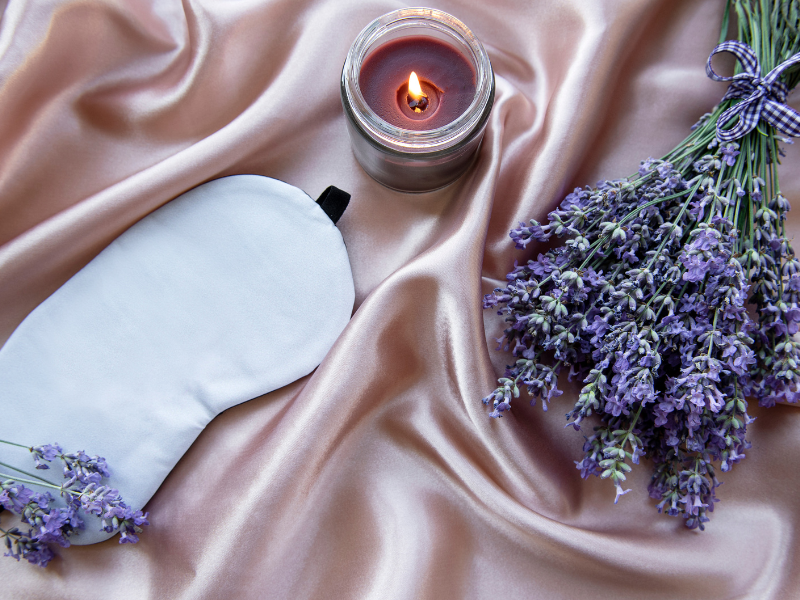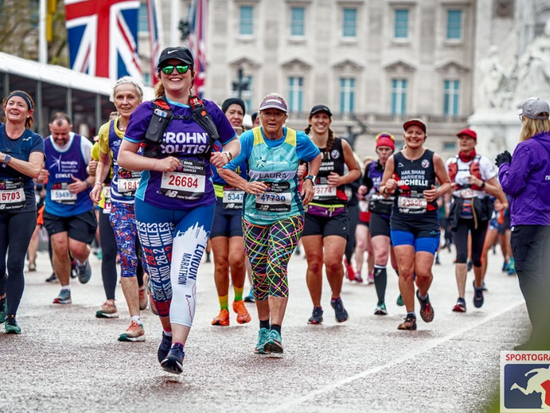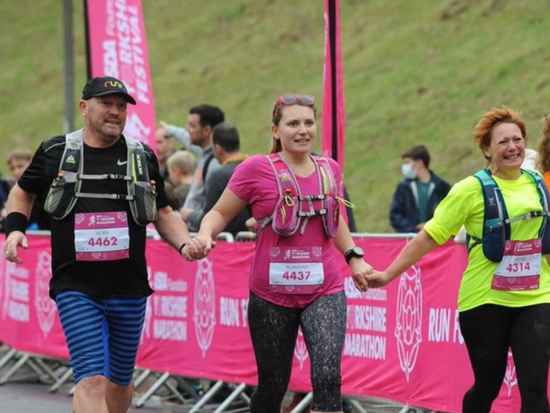We all know that getting enough sleep is important for our overall health and well-being, and for sports recovery. But did you know that sleep also plays a crucial role in the health of our skin? Yes, rest is key to healthy skin - read on!

Why Sleep is Important for Healthy Skin
While we sleep, our bodies go through a process of repairing and rejuvenating. This is also true for our skin, which uses the time we spend asleep to repair itself from the damage caused during the day. Here are some of the ways that sleep can impact the health of our skin:
-
Promotes collagen production: Collagen is a protein that keeps our skin looking young and healthy. When we sleep, our bodies produce more collagen, helping to reduce the appearance of wrinkles and fine lines.
-
Reduces inflammation: Inflammation can cause a range of skin problems, from redness and irritation to acne and rosacea. Sleep can help to reduce inflammation, allowing our skin to heal and recover.
-
Boosts blood flow: During sleep, our bodies increase blood flow to our skin, which can help to deliver nutrients and oxygen to the cells, promoting healthy skin.
-
Restores moisture: Lack of sleep can lead to dehydration, which can leave our skin looking dry and dull. When we sleep, our skin can restore its moisture levels, giving it a healthy, radiant glow.

How To Improve Sleep for Better Skin
Between work, training, and other commitments, it can be hard to find time to rest. Here are some tips for improving sleep for better skin:
-
Stick to a regular sleep schedule: Try to go to bed and wake up at the same time every day, even on weekends. This can help to regulate your body's internal clock, making it easier to fall asleep at night.
-
Create a relaxing bedtime routine: Take some time before bed to unwind and relax. This could include taking a warm bath (with our magnesium bath bomb!), reading a book, or practicing meditation. Aromatherapy tools like a lavender sleep spray can also help relax.
-
Avoid caffeine and alcohol: Caffeine and alcohol can interfere with sleep, so it's best to avoid them in the hours leading up to bedtime.
-
Invest in a comfortable mattress and pillows: A comfortable bed can make a big difference in the quality of your sleep. Invest in a mattress and pillows that provide the support and comfort you need.
-
Create a sleep-conducive environment: Make sure your bedroom is dark, quiet, and cool. This can help to promote restful sleep.
- Don't exercise too close to bedtime. Whilst exercise can increase sleep quality, high intensity exercise too close to bedtime can make it harder to fall asleep.
"Sleep is like the golden chain that binds our health and body together"



